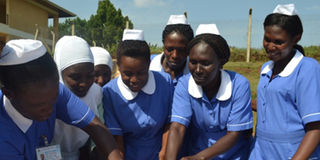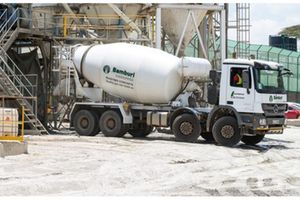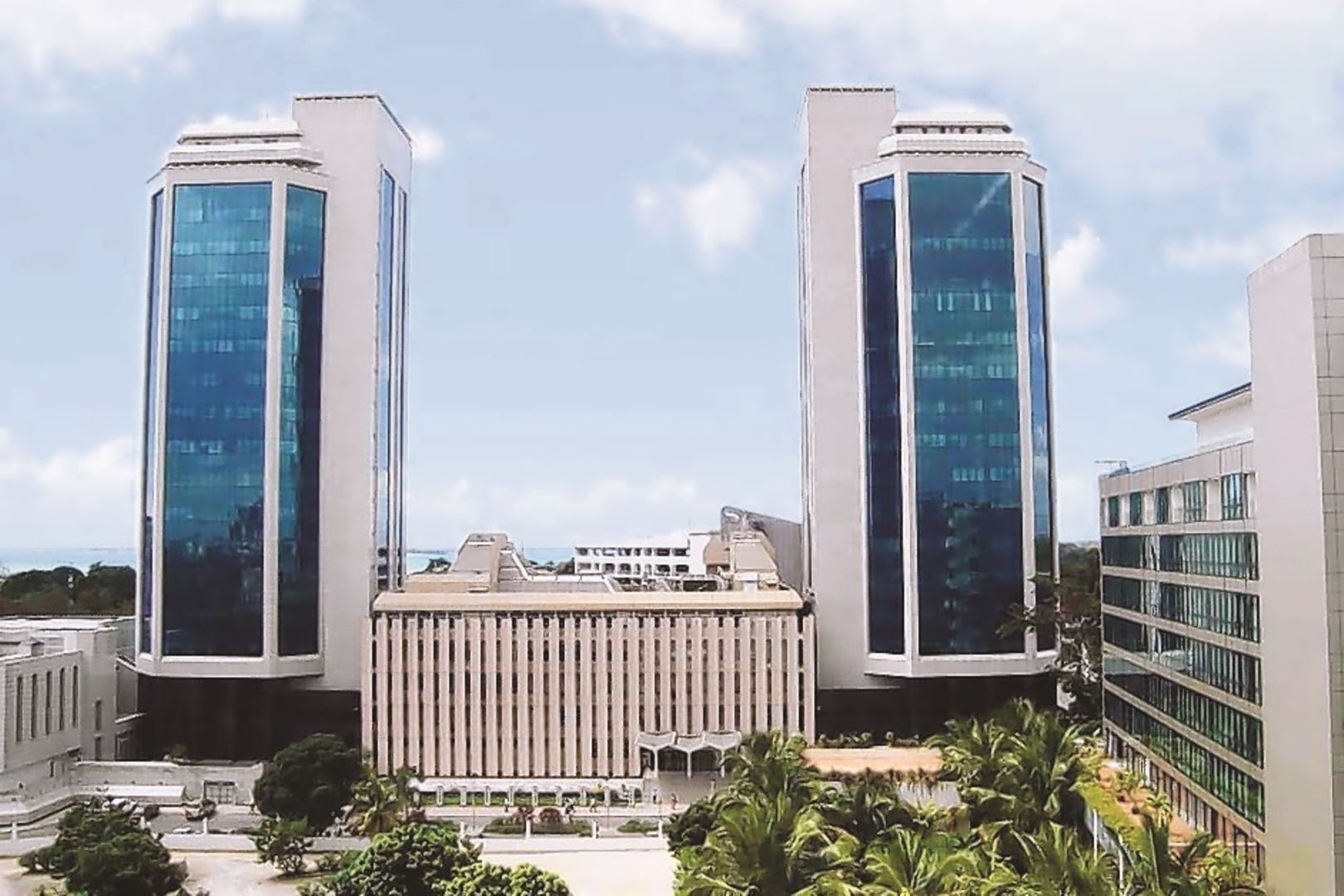Why we need to value midwives

PHOTO|INTERNET
What you need to know:
- But if all women gave birth with a midwife in a facility capable of providing basic emergency care, it is estimated that 56 per cent of maternal, foetal, and newborn deaths could be prevented. That’s a million lives each year. So why are midwives still chronically under-funded and under-valued by governments and society at large?
Each year, 1 million newborns die during their first day of life, 1.3 million babies are stillborn, and more than 300,000 mothers die during pregnancy and childbirth. That’s about as many deaths as the entire population of Namibia.
But if all women gave birth with a midwife in a facility capable of providing basic emergency care, it is estimated that 56 per cent of maternal, foetal, and newborn deaths could be prevented. That’s a million lives each year. So why are midwives still chronically under-funded and under-valued by governments and society at large?
Maternal mortality is the highest health inequity in the world, and midwives are the best-skilled birth attendants who can save the lives of mothers and children during childbirth. A midwife with the right skills and training can provide 87 per cent of the healthcare needed during pregnancy and following birth. They are able to provide a high standard of care across the spectrum of health contexts. Whether you are the Duchess of Cambridge or a smallholder farmer in Tanzania, a skilled midwife can provide you with expert support that is not available from other health professionals.
A midwife’s services go far beyond pregnancy and birth. Throughout the entire lifecycle, these health professionals provide essential education, health monitoring, and primary care to babies, adolescents, and mothers. Midwives provide sexual health information that can help stop the spread of HIV and other STDs, they administer vaccines to infants, and they provide information about hygiene and healthy lifestyles that can help prevent other illnesses.
Moreover, midwives’ integrated approach to frontline healthcare helps bridge the gap between isolated rural health centres and the communities they serve. Their unique training means midwives are well placed to form a pillar of Universal Health Coverage systems that ensures high-quality healthcare to all.
Investing in midwives is also an extremely cost-effective approach to improving healthcare. Funding and legislation to support midwife education, training, and regulation can produce up to a 16-fold return on investment. When midwives are involved in pregnancy and childbirth, more lives are saved and fewer emergency interventions, such as caesarean sections, are needed.
Midwives offer an affordable, practical solution to improving community health outcomes so it is baffling that midwives lack the political will and support from leaders around the world who claim to protect women and children.
A lack of support for midwives is not just a problem for low-and middle-income countries. High-income countries like Canada have faced similar difficulties in recruiting and funding enough midwives to meet demand.
This needs to change immediately. To bridge the gap between those who do and don’t have access to the life-saving care they provide, 350,000 more midwives are needed. To reach this goal, we will need to increase the funding, education, and regulation that support midwives.
We are surprised and disappointed that governments and donors have not yet sufficiently invested in this obvious boon to family health. We therefore call on all governments that value their citizens, and all citizens who value their families, to enact policy and dedicate funding to midwives. With the right support, regulation, and training, governments can give midwives the resources they need to save lives before, during, and after a woman gives birth, and to enrich the medical profession as a whole.
With an eye to bringing attention to the unique role of midwives in the healthcare field, the International Confederation of Midwives (ICM) will gather next week in Toronto, Canada, for the organisation’s 31st Triennial Congress. For nearly 100 years, the ICM has advocated for women, children, and the role midwives play in protecting them. We will celebrate our incredible progress in healthcare over the last several decades, such as a 50 per cent decline in preventable child deaths and a 45 per cent reduction in maternal mortality since 1990.
But we know there is still much more to be done. There are still millions of lives being lost each year in pregnancy, childbirth, and early life, and we cannot rest until we’ve addressed all the causes. That’s why, at the Triennial Congress, we will be asking government and donors to pay attention to midwifery as a vital solution to this challenge. We need our leaders to finally stand up for the midwives tasked with supporting women and children at the most vulnerable time in their lives. We need to acknowledge their needs and recognise their wonderful work. Because midwives deliver much more than babies – midwives deliver lives.
Mr Jakaya Kikwete is a former President of the United Republic of Tanzania and Ms Toyin Saraki is the founder-president of the Wellbeing Foundation Africa




